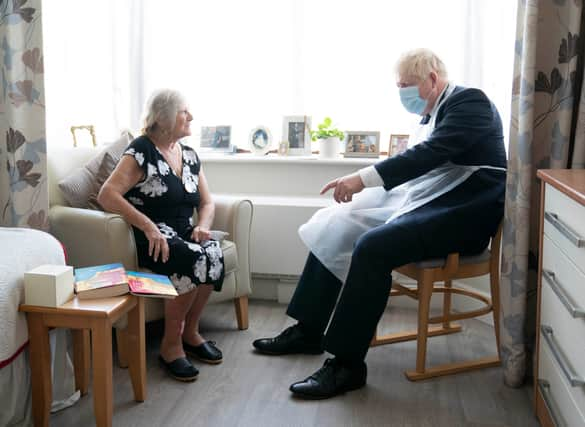These are the new rules on the social care cap in England


New rules on the social care cap in England have been announced, with the government confirming support payments made by councils will not count towards a recipient’s personal limit.
It had previously been announced that as part of a new social care cap, no one in England would pay more than £86,000 in care fees during their lifetime.
Advertisement
Hide AdAdvertisement
Hide AdHowever, it has now been confirmed only the amount directly contributed will count towards this £86,000 cap.
What is the social care cap?
In September 2021, it was announced those living in England would not be expected to pay any more than £86,000 in their lifetime for social care costs.
The cap is set to come into place in October 2023.